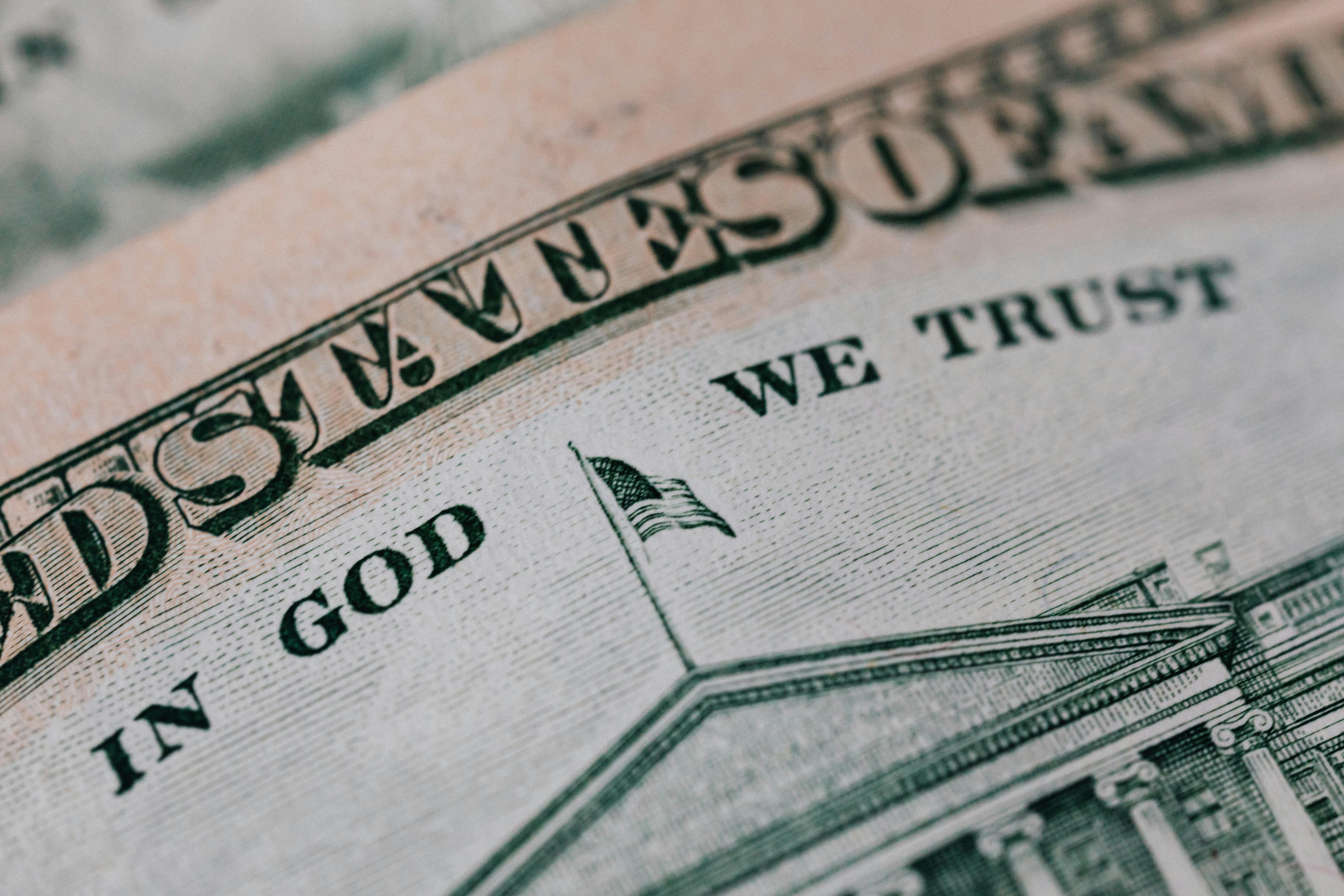Norway’s $1.4 trillion sovereign wealth fund, the largest in the world, has announced that it is divesting from Caterpillar Inc., citing ethical concerns tied to the company’s involvement in human rights controversies. The decision has sent shockwaves through global financial markets and sparked political backlash in the United States, highlighting the fund’s growing influence as a moral authority in global investing.
The fund, officially known as the Government Pension Fund Global (GPFG), is fueled almost entirely by Norway’s oil and gas revenues. Over the past two decades, it has built stakes in more than 9,000 companies worldwide, owning roughly 1.5% of all listed global equities. Its decisions often reverberate across the financial world, setting ethical precedents that other investors follow.
In the case of Caterpillar, the fund’s Council on Ethics pointed to long-standing controversies involving the company’s heavy machinery being used in politically sensitive and ethically questionable projects. These include accusations that Caterpillar bulldozers have been used in the demolition of Palestinian homes in the occupied territories, as well as in other areas linked to human rights abuses. For the Norwegian fund, these associations crossed a red line.
“The Government Pension Fund Global cannot be complicit in companies whose products are directly linked to human rights violations,” said a spokesperson from the Council on Ethics. “Our decision reflects the fund’s long-term commitment to ethical investing and protecting Norway’s reputation as a global leader in responsible finance.”
The divestment, however, has not been welcomed everywhere. In Washington, lawmakers expressed frustration, warning that such actions could politicize investment decisions and strain U.S.-Norway relations. Some U.S. officials have accused Norway of unfairly targeting an American industrial icon. Caterpillar, for its part, rejected the allegations, stating that it cannot control how its products are used once sold and reaffirming its compliance with international trade laws.
The episode highlights the unique power of Norway’s sovereign wealth fund. Unlike most investors, the GPFG is guided not just by financial performance but also by a strict ethical framework. This framework has led the fund to exclude companies involved in tobacco production, coal mining, severe environmental destruction, and human rights violations. Previous high-profile divestments have included Walmart, due to labor concerns, and Rio Tinto, over environmental issues. Caterpillar is the latest—and perhaps most politically sensitive—addition to this list.
At home in Norway, the decision has drawn broad support, reflecting the public’s strong preference for ethical financial stewardship. Norwegians take pride in the fund not only for its size but also for its role in promoting global standards. Many citizens see it as a way for Norway to project its values on the international stage. Yet there are also voices of caution. Critics warn that taking too aggressive a stance could jeopardize financial returns or create unnecessary diplomatic tensions with key allies.
The Caterpillar controversy is not happening in isolation. It comes at a time when ESG (Environmental, Social, and Governance) investing is facing growing scrutiny. In the U.S., particularly among Republican lawmakers, there has been a backlash against what they describe as “woke capitalism.” Some argue that funds should prioritize financial returns over social concerns. Norway’s decision, therefore, is likely to be seen as a flashpoint in the broader debate about the future of ethical investing.
Market analysts say the direct financial impact on Caterpillar will be minimal—Norway’s divestment, while symbolic, represents only a small fraction of the company’s total market capitalization. However, the reputational damage could be significant. When the world’s largest sovereign wealth fund deems a company ethically unacceptable, other institutional investors may feel pressured to reevaluate their own holdings. This ripple effect could harm Caterpillar’s long-term standing in ESG-conscious markets, particularly in Europe.
For Caterpillar, the divestment adds to a growing list of challenges. The company has faced criticism for years over its role in controversial projects, from Middle East conflicts to environmentally sensitive mining operations. While it has consistently defended its business practices, the Norwegian decision signals that these controversies are no longer being ignored by global investors.
Norway’s move also underscores a deeper irony: the sovereign wealth fund itself is built on fossil fuel revenues, yet it now serves as a moral watchdog over global capitalism. Critics argue that this is hypocritical—that Norway profits from oil while lecturing other industries about ethics. Defenders, however, say that the fund’s ethical standards are precisely what distinguishes it and helps Norway reconcile its fossil fuel wealth with its responsibility to the world.
Geopolitically, the divestment could have consequences beyond finance. U.S.-Norway relations are generally strong, built on NATO ties and close cooperation in the Arctic and energy sectors. Yet disagreements over economic policies have occasionally strained the alliance. Some fear that targeting Caterpillar—a symbol of American industrial might—could be seen as unnecessarily antagonistic. Still, Norwegian officials insist the decision was based on principle, not politics.
For global investors, the episode raises important questions. Should investment decisions take into account the social consequences of a company’s products? Or should funds stick to maximizing returns? Norway’s sovereign wealth fund has clearly chosen the former path, and its enormous size ensures that the choice cannot be ignored. As one analyst put it, “When Norway sneezes, ESG markets catch a cold.”
The long-term impact of the divestment remains to be seen. If more funds follow Norway’s lead, Caterpillar may be forced to adopt stricter oversight of how its machinery is used worldwide. On the other hand, if the backlash intensifies, it could fuel a political movement in the U.S. to push back against ESG investing altogether. Either way, the ripple effects will likely be felt far beyond Oslo and Peoria.
FAQs
Why did Norway’s sovereign wealth fund divest from Caterpillar?
Because its machinery has been linked to human rights controversies, particularly in conflict zones like the Palestinian territories.
How big is Norway’s sovereign wealth fund?
It is the largest in the world, valued at over $1.4 trillion, and owns shares in more than 9,000 companies globally.
What is Caterpillar’s response?
Caterpillar rejects the allegations, stating it cannot control how its products are used once sold and that it complies with international trade standards.
Will this affect Caterpillar financially?
The direct impact is small, but the reputational damage could influence other ESG-focused investors to divest as well.
Is this decision political?
Norwegian officials insist it is based on ethics, but critics in the U.S. see it as politically motivated and potentially damaging to relations.
Conclusion
The divestment of Caterpillar by Norway’s sovereign wealth fund is more than a financial move—it is a statement about the ethical responsibilities of global investors. For Norway, it reinforces its image as a moral compass in international finance, even if that image is complicated by its reliance on fossil fuel wealth. For Caterpillar, it highlights the reputational risks of operating in politically sensitive regions. And for the wider world, it reignites a fundamental debate: should money serve only profit, or should it also serve principle? The answer will shape not only the future of ESG investing but also the balance between economics and ethics in a globalized world






